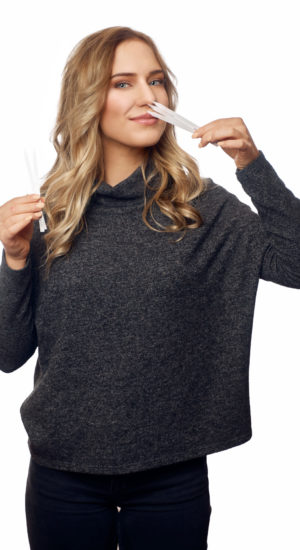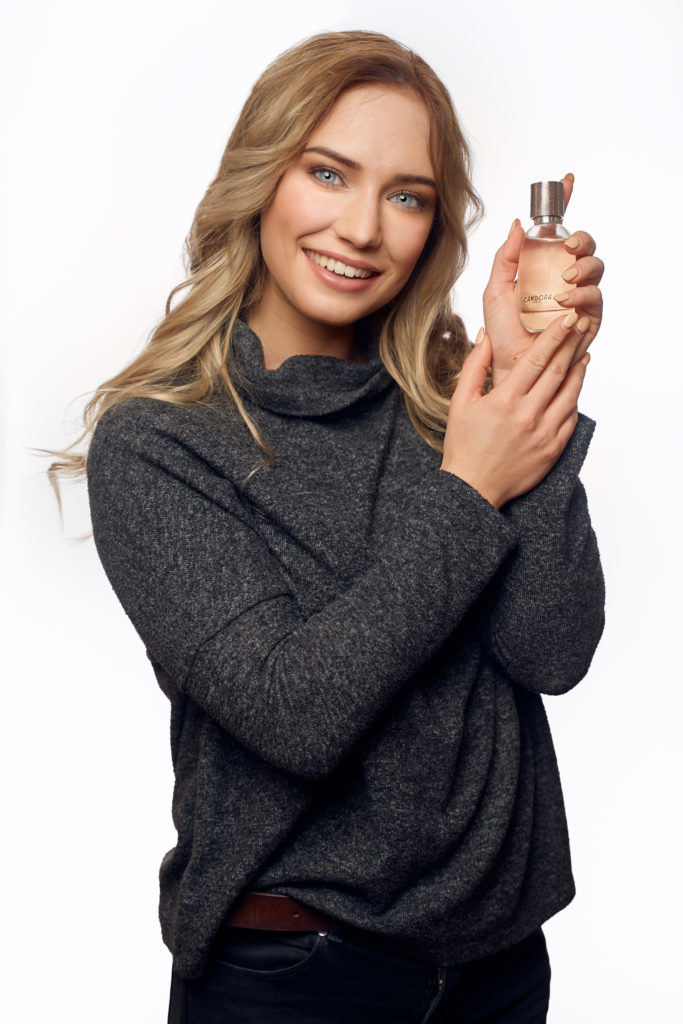Frequently Asked Questions about Candora Paris perfume creation
We hope you will find here the answer to your question. If not, do not hesitate to contact us by e-mail : contact@candora.fr, we try to answer within 24 hours.
Candora Perfume Workshops
– “Can my 8 year old child participate to the workshop ?”
– Can someone “just attend” the workshop with me, without making a fragrance ?
– “Can I cancel my workshop booking ?”
You can cancel and get a refund, after deduction of a 10€ booking fee per ticket, only within 7 days after your payment and with a minimum of 5 days before the workshop.
Otherwise you can reschedule for another day or obtain a voucher for a later booking, we always try to find a solution, contact us, we will see what can be done for your personal case.
Candora Fragrances
– “Where are Candora fragrances made ?”

– “Are Candora fragrances made with natural ingredients ?”
In case you are curious to know more, synthetic materials offer many valuable assets to the perfumer by:
- reproducing the scent of some raw materials that cannot be extracted naturally. Such as the odor of sea.
- protecting species by avoiding raw materials or animals threatened with extinction.
- improving the quality and lifespan of perfumes thanks to the stability of synthetic materials.
- making formulations safer, by containing less allergenic ingredients.
Thanks to the synthesis, perfumers have thousands of different scents to create their perfumes, against just 300 before. Perfume and synthesis make a beautiful couple!
– “I have allergies, how can I know if the substance I am allergic to is present in Candora fragrances ?”
– “Can I re order the fragrance I created ?”
– “I have not kept my formula, can you find it for me ?”
Since April 2019, we offer the possibility to register your formula on our website at the end of the workshop. If you did register yours we have it in our database and we can find it for you, just use retrieve my formula. If you participated to a workshop before April 2019, me might have taken a picture of the formula card we were using then, we will try to find it, knowing when you took the workshop will help us : boutique@candora.fr.

Fragrances in general
– “How long can I keep my fragrance ?”
The enemies of your fragrance are heat, light and oxygen. The 3 of them shorten the lifespan of your fragrance. If you used half of your bottle and you keep it in your bedroom, we advise you to use it within a year. If you live in an area with hot conditions, we would advise you to keep it in the refrigerator in the summer.
– “The color of my fragrance has changed, has it turned bad ?”
At Candora we do not use colorants in our fragrances, so the color comes from the natural ingredients we use. This is why it can change from one tone to an other. And some, like our wonderful Vanilla and Jasmin, do change with time, they tend to get a darker yellow tone. Their scent changes slightly, like a wine. But it does not mean that the fragrance is damaged.
– “Eau de Toilette – Eau de parfum, what is the difference ?”
– “What are “top / middle / base notes “
– “What are the ingredients for making perfumes ?”
Perfume creation is very complex, a perfumer can include up to 80 different ingredients ! You have some natural ones, mostly extracted from plants. When extracted by water vapor distillation they are called essential oils, but it only works when the smelling element is under an oil form. Sometimes maceration into an alcohol is more efficient, the extract is then called absolute. For some plants like the rose, both can be done, for others only one is working. Since the end of the 19th century, synthetic molecules are increasing the possibilities offered to the perfumer.

– “how were perfumes invented ?”
Using elements to master the impact on our sense of smell has been done by men for over 4000 years on our planet ! the origin relates to the origin of the word perfume, in latin “per fumum” means by the smoke. It all started with things you would burn to create a very special scent, manly in your relation with the gods in temples. Amongst the products used incense and myrrh come from Mesopotamia, the birthplace of perfumes. They were 2 of the 3 gifts brought to newborn Jesus by the wisemen, and myrrh would be exchanged weight for weight with gold. But Religious use can also be traced very early in Asia. Then the religious use transferred to making a human different, more elevated, more attractive. It started in ancient Greece and Egypt : priests, kings, athletes, wealthy and powerful people. The smell was also believed to have a direct impact on treating or curing, several scents were used in the mummification process. And experts started exercising their skills in extracting and blending smelling ingredients.
– “why do perfumes contain alcohol ?”
– “what is the best alcohol to be used for perfumes ?”
Ethanol is used for perfumes. At Candora, we use the highest quality 100% French, made by Cristalco, and produced with beetroots coming from sustainable agriculture. It is guaranteed GMO-free and has all the required certificates of the highest quality standards for allergens, no tests on animals, nanomaterials, etc. An addition of denaturing agent, DEP is made to make this alcohol improper for consumption.Do not try to drink your perfume, it would be purposely awfully bitter.
